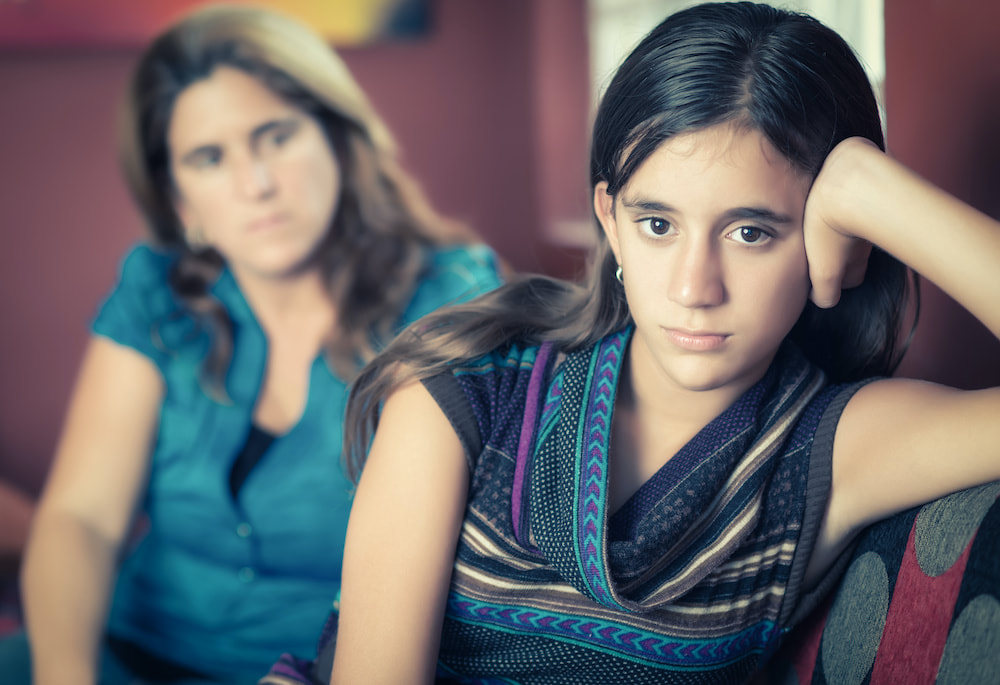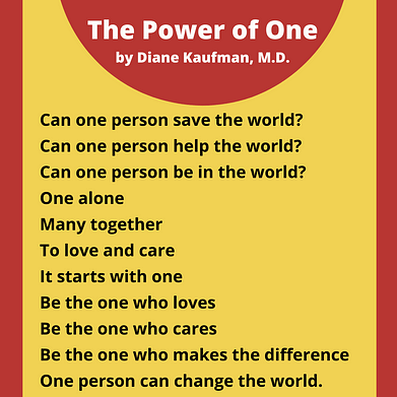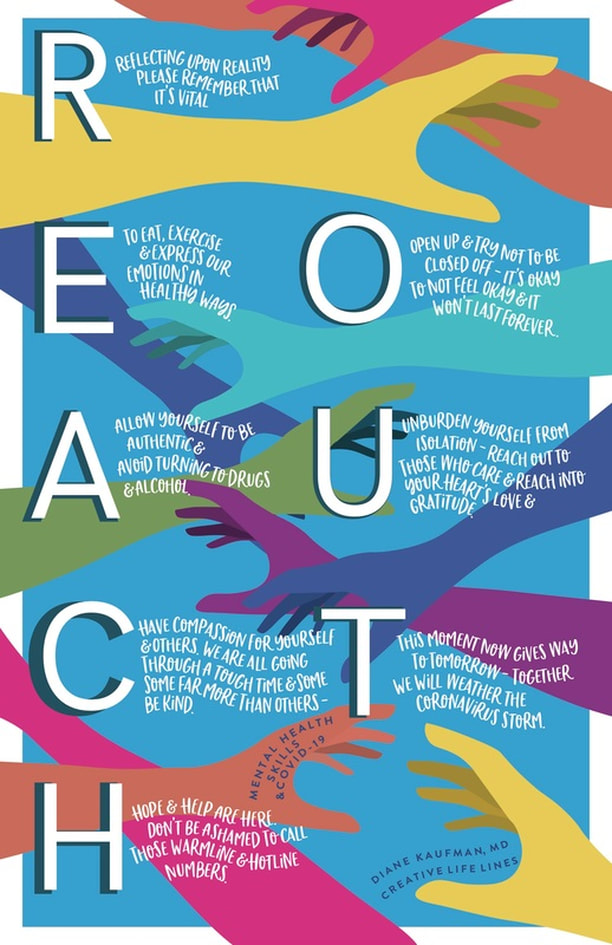|
2/7/2022 A Personal Message to All Struggling, Especially teens and Young Adults: I See You, I Hear You, AND If My Words Could Make a Difference, This is What I Would Say to YouRead NowIf you were having symptoms of a heart attack would you call yourself “crazy” or would you call 911 and get help? Here’s what I would do. I would definitely not be calling myself “crazy.” I would be calling 911, telling them it was an emergency, that my life was in danger, and I need an ambulance and paramedics sent as soon as possible to get me to the hospital. If I could not call, my loved ones or friends would call. Even a stranger would call if they saw me collapse. If I saw someone in such a crisis, I would make the call to 911 myself. And what if medicine or life enhancing therapies such as nutrition, exercise, sleep, and stress reduction could help save my life? I would ask my doctor to educate me on the best “heart health” practices. I’d ask for prescriptions and referrals because I want to stay alive, be healthy, and I don’t want to die. So why do we insist on thinking our brain is not part of our body and act so differently when our brain health is at risk? Why do we dismiss or hate ourselves and/or think others will ridicule and/or shame us if we have a “mental” illness? Maybe in part it’s the stigma we feel and fear we’ll feel that’s so associated with the words “mental” illness. I don’t like how that word has been used. It’s said in disparaging ways, in unkind, and untrue ways - as in - she’s “mental” and he’s “mental.” “Mental” meaning “crazy” - less than human - an aberration. Being “other” than everyone else. “Just pull yourself together. Snap out of it! Stop wallowing. I’ll give you something to really cry about.” That’s some of the unhelpful comments we hear. And how about, “It’s all in your head?” Meant as a put down, but in reality, yes, that’s true. Inside our head is our brain and it needs help not sarcastic, shaming, or demeaning remarks and criticisms. Do I call my lungs “crazy” when I’m having an asthma attack? Definitely not. My lungs are not well, yes. But crazy? No. And what do I do to help myself? I’ll use my inhaler. If I’m still in an acute crisis - as in - I’m wheezing so much that I'm having real trouble breathing, I’ll get myself to an emergency room. Will I be ashamed of being asthmatic? No way. I will tell the nurses and doctors I have asthma and ask for medical help. How different, though, it can be for psychiatric illness that strikes at the brain. It’s essential to remember that the brain is part of the body. “Mental” illnesses are in reality physical illnesses. Our brain and our mind may suffer, but that does not mean we are “looney tunes, crazy, or nuts.” After all, the brain impacts our whole being - how we think, feel, act, speak, eat, sleep, and more. Think of it this way. When our brain is attacked from inside itself, we might experience a depression attack, manic attack, anxiety attack, panic attack, suicidal attack, self-hatred attack, what’s the point of living attack, an urge to self-harm attack, body image distortion attack, and other such “attacks” whose source is invisible from the outside while all too painful and real from the inside. Our brains are not “crazy.” These types of attacks are just as real, just as important, and are just as in need of help as when we have a heart attack. A heart attack can be life threatening. A brain attack can also be life threatening in terms of life and death, as well as the on-going quality of how we are able to live our lives. Let me ask you this. Do you know that suicide is the 10th leading cause of death in the United States? Here in Oregon where I live, the number one cause of death for ages 10 to 24 years old is suicide. These deaths did not have to be. The flesh and blood lives that could have still been lived now forever lost into the abyss of suicide. We must be vigilant and aware of “psychiatric brain attack” warning signs such as change in mood, suicidal thoughts and actions, self-harming, change in sleep and eating, alcohol and drug use, anxiety, panic, and despair. Our brain deserves respect, and it deserves help. We deserve our and others’ understanding and compassion, and not the cruelty of being shamed. Silence, shame, and stigma need to be banished. That will happen when the truth about psychiatric illness is known and we bravely share our mental health stories. Let’s make everyone aware that illness attacks on brain health are real. They can be life threatening and should be approached just as one would any other health crisis. Now that you know the truth and that medication and/or therapy help is available, please don’t become a statistic. Save your life. That’s what your brain and your heart want you to do. Have my words made a difference? I pray that they do. Your voice has power in The “If My Words Could Make A Difference” Youth Mental Health Campaign.
Teens and young adults can share their own creative pieces of work or view those submitted by others on ASHA International's website. They can not only be part of the conversation but help lift their peers up as well. Our youth are in a crisis, with a national emergency declared. please share OUR message and THIS campaign.Please share our message as well as this youth campaign with those who may benefit from hearing it or taking part in the conversation, and sharing their story. Let's all be there during this National Emergency for Youth Mental Health. Our youth are in a crisis. We cannot let them down. Let's remind them: "You are important. Your thoughts, feelings, and observations are important. You can make a difference. What if your ideas could help change the world? What if your ideas could help improve the life of just one person? Would it be worth it? We think so!" Do you need help now? Please reach out. help is available.If you're in a crisis, please reach out now. Call the National Suicide Prevention Lifeline 24/7 at 1-800-273-8255. Or, to connect with a Crisis Counselor, text HOME to 741-741. You can do this. You matter. AuthorDr. Diane Kaufman, MD, Child Psychiatrist, Humanism in Medicine Awardee, Founder-Director, Arts and Healing Resiliency Center, Mind Matters, PC; and, Suicide Prevention Collaborator, Accelerating Social Good.
0 Comments
|
Details
Archives
February 2023
Categories
All
|



 RSS Feed
RSS Feed